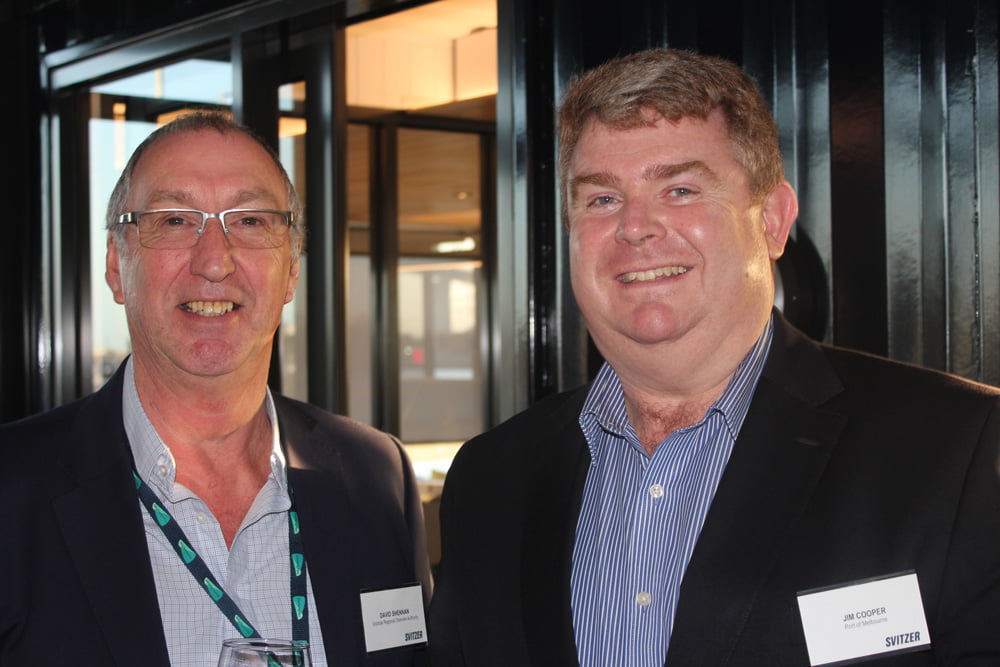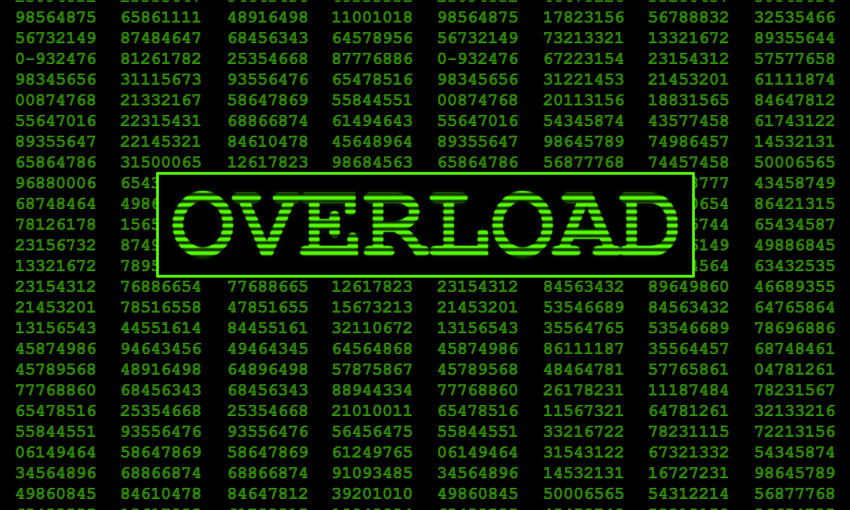TECHNOLOGY overload risks creating an unhealthy level of multitasking for harbour masters and port operators, an online gathering has heard.
David Shennan, harbour master at Geelong and with 50-years of industry experience, told the online International Harbour Masters Association Congress that while technology was driving change, care had to be taken to ensure it was for good.
“The digital age has given the operator access to radar, AIS, currents, survey charts, radio comm screens, email, ship scheduling… Not always with the backup to ensure vessel transits are continuously monitored to provide support to masters and pilots,” Captain Shennan said.
“You can’t monitor a transit if you are answering the phone or dealing with other issues. The VTS operator can be found wanting (a), if they do not see a dangerous situation developing or (b), if they see that situation developing but don’t respond.”
Captain Shennan said the term “multi-tasking” was frequently applied.
“We tend to believe that technology helps us multi-task more efficiently. But here’s the problem. Recent studies have shown that our brains do not multi-task at all. They simply cannot do it,” he said.
“What we call multitasking is exactly the same as when we are working on a project on a computer and you have heaps of tabs open and you are flicking through them to find the stuff you need.
“It is actually distracting and very tiring.”
Captain said it was necessary to “constantly avail ourselves of studies” and ensure technology under design “was in fact actually helping us do our jobs better and not just appearing to”.

“We need to understand the human impacts of every bit of technology we put in front of a human to make sure we don’t throw that human under the bus if they make a mistake they were set up to make,” he said.
Addressing the theme of drivers for change, Captain Shennan noted every port at which he had worked had a different focus.
He noted climate change would bring new challenges for ports and their harbour masters.
“Global warming will obviously become significant for everyone but at different times due to homeland politics,” he said. “This is probably going to be a major challenge as the shipping industry finds itself in the middle of a ‘push me-pull you’ situation between technology developments from regions like Scandinavia, which are quite proactive in the global warming debate and are already visualising a very different world, and those who are slower adopters.”

